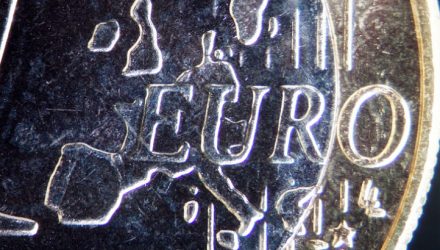On the other side of the Channel, the political environment could not be more different. Emmanual Macron has secured a landslide victory in French parliamentary elections, winning 350 seats in the 577 member National Assembly. This gives him a mandate to pursue his policy agenda. With French and German policy philosophies in strong alignment, the political will is now in place to institute meaningful reform to promote economic and financial stability in the Eurozone.
Meanwhile in the US, we continue to be concerned about stagnating corporate credit creation. Typically businesses curtail borrowing after a yield curve inversion (when short-term rates are higher than long-term rates). An inverted yield curve indicates that borrowing costs are greater than long-term returns on capital. However, despite some recent flattening, the yield curve remains steep by historical standards.
Furthermore, financial conditions are supportive of continued economic expansion. We therefore do not expect a sharp deterioration in US economic activity this year, but will keep a very close eye on this important indicator that is now flashing yellow. As a result, we continue to favor international equity over the US.

- We are avoiding foreign currency fixed income to benefit from higher US dollar interest rates. We expect spreads between US dollar and foreign currency interest rates to narrow, and therefore will benefit by concentrating all of our fixed income exposure in US dollar denominated holdings.
- Our fixed income portfolio adopts a barbell approach: we own long-duration sovereign bonds counterbalanced by high yield bonds and preferred stock. This gives our portfolios extra exposure to cyclical assets, while still maintaining a relatively high portfolio duration.
- Our US equity exposure is limited to four sectors: financials, technology, biotech, and aerospace & defense. Financials benefit directly from a higher interest rate environment in the US, as well as a more favorable tax and regulatory environment which is likely to develop. The pace of disruption of old industries by new products and processes has continued to accelerate, and technology and biotech give us exposure to this process of creative destruction. US allies will likely increase their military spending in coming years in response to the Trump administration’s perceived unreliability—the aerospace and defense industry will be a beneficiary.
- Following the French parliamentary elections, we have reaffirmed our view that European politics will move away from populism and nationalism this year. This will enable European policymakers to implement reforms necessary to bring stability to the Eurozone and assuage fears of redenomination risk that have plagued the continent. This would support the Euro and European equites, benefitting our positions in Eurozone equities and the European financial sector.
- Japanese equities are supported by the Bank of Japan’s ongoing aggressive monetary easing. However, the Yen has rallied in 2017 as investors have sought its safe haven status. With the threat of a disruptive French election nearly behind us, we expect it to resume weakening.
- Emerging market equities continue to benefit from positive capital inflows and represent attractive relative value. Furthermore, we expect Fed policy to ere on the dovish side as the year goes on, which will support emerging markets. We have recently increased this position
- Gold’s status as an alternative currency should support it as global central banks continue to pursue extremely aggressive policies and geopolitical risks remain elevated. Furthermore, as an asset with low correlations to most others, it helps lower overall portfolio volatility.
This article was written by Court Hoover, Director of Research, at JAForlines, a participant in the ETF Trends Strategist Channel.

